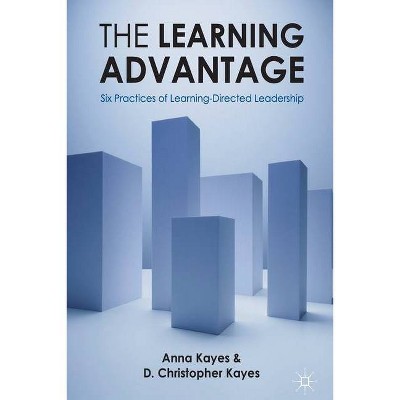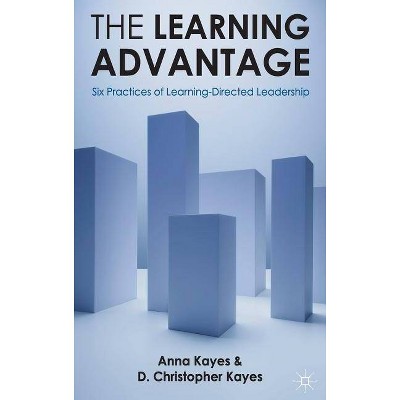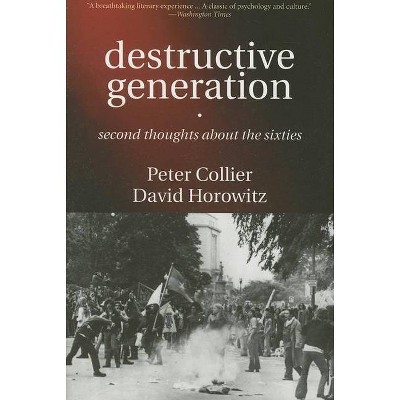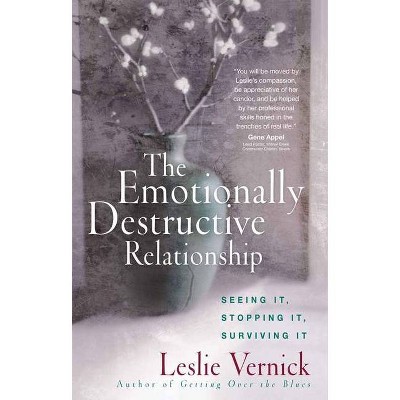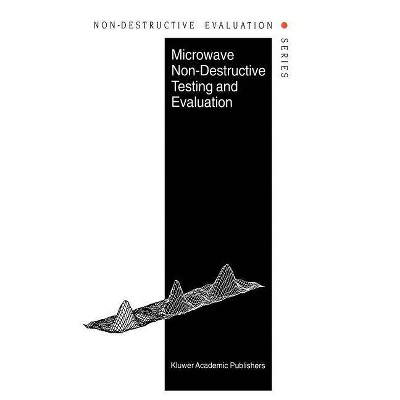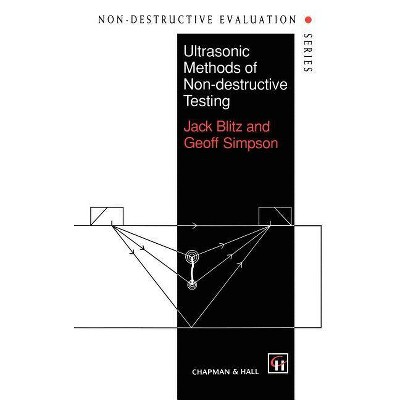Destructive Goal Pursuit - by D Kayes (Paperback)
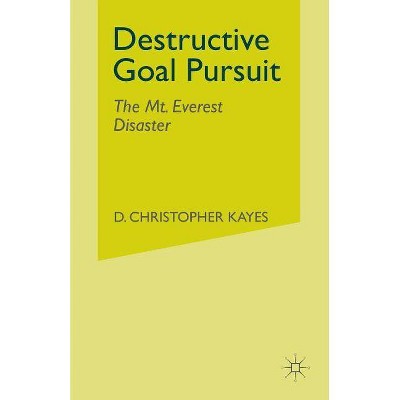
Similar Products
Products of same category from the store
AllProduct info
<p/><br></br><p><b> About the Book </b></p></br></br>An unparalleled analysis of leadership and practical strategies for overcoming the destructive pursuit of goals.<p/><br></br><p><b> Book Synopsis </b></p></br></br>Leaders extol the value of pursuing challenging goals, but evidence suggests that this leads to disaster as often as success. Drawing upon real-life stories, including the Mount Everest Climbing Disaster, the author shows how destructive goal pursuit can cause the breakdown of learning in teams and calls for rethinking the role of the leader.<p/><br></br><p><b> Review Quotes </b></p></br></br><br><p>'This book takes the concept of learning from experience in a new, although not completely unfamiliar direction. The events serve as a rich example of how learning from experience is central to leadership success in dynamic environments. By identifying the negative and potentially disastrous consequences of the non-reflective pursuit of ambitious goals, this book offers a sage warning to those of us who live in a culture where high goals are a praiseworthy status symbols and relentless pursuit of them a sign of moral superiority. The book reflects a growing problem that can be seen in many different situations. Leaders who set high goals and pursue them regardless of the consequences are seen as principled, while the leader who learns from experience and modifies goals accordingly runs the risk of being seen as wishy-washy.' David Kolb, author, 'Experiential Learning: Experience as the source of Learning and Developmen't and Professor of Organizational Behavior, Case Western Reserve University.</p> <p>Alice Kolb, President, Experience Based Learning Systems, Inc.</p> <p>'Destructive Goal Pursuit not only has debunked as myopic and maladapative, the mystique that has surrounded goal setting, management by objectives, and other performance-driven incentive schemes, but has done so by balancing scholarly depth with general accessibility. Dr. Kayes has pulled off that rarest of authorial feats; a splendidly written book that-whether used in a leadership course or for personal development-will enchant and challenge, disturb and provoke, inspire and educate.' James R. Bailey, Professor of Management, George Washington University, Editor, 'Academy of Management Learning& Education'</p> <p>'The Everest events teach many lessons about doing business in the global context. A must read for understanding the importance of building human capital. Leaders at every level of an organization will gain insight into topics as diverse as leading in a global context, building relationships with followers, and how leaders serve as the keepers of organization survival. Professor Kayes moves beyond the hype surrounding the events, to provide lessons on leadership, teamwork and ethical decision making.' David Stirling, Partner, Human Capital Group, IBM Consulting Services</p> <p>'Leadership is more than just motivating and ordering, leadership is about developing others. Professor Kayes paves the way for a new and exciting way to see how leaders come into being. Whether you are leading in extreme situation like Everest, or more common settings, most leaders experience pressure to achieve continually higher and more challenging goals. This book provides both the warning signs and the ways to overcome destructive goal pursuit.' Lieutenant Colonel, Nate Allen, U. S. Army, co-founder of CompanyCommand.com</p> <p>'In summary, Destructive Goal Pursuit is a book that offers valuable lessons for mountaineers, entrepreneurs, leaders, business peope and others who have an interest in setting high goals and achieving them safely and productively.' - Jeni L. Burnette and Jeffrey M. Pollack, PsycCritiques</p><br><p/><br></br><p><b> About the Author </b></p></br></br>D. CHRISTOPHER KAYES is Professor of Organizational Behaviour at George Washington University, USA. His research includes 35 papers and numerous consulting engagements around the world. He has won several awards, including best paper in 2004 in the journal <em>Human Relations</em> for <em>The 1996 Mt. Everest Climbing Disaster: The Breakdown of Learning in Teams</em>. His paper <em>Experiential Learning and Its Critics: Preserving the Role of Experience in Management Learning and Education</em> was one of three best papers for 2002-2003 in the Academy of Management Learning and Education, nominated alongside Henry Mintzberg and Jeffery Pfeiffer.
Price History
Price Archive shows prices from various stores, lets you see history and find the cheapest. There is no actual sale on the website. For all support, inquiry and suggestion messagescommunication@pricearchive.us
